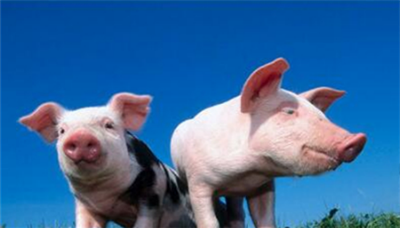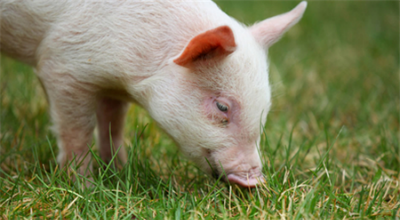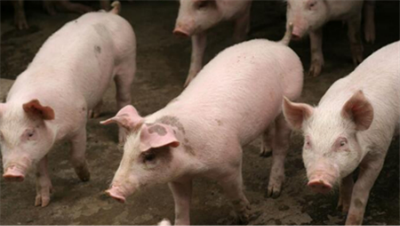Prevention of piglet diarrhea by increasing feed nutrition (4)
5 zinc
Zinc can promote the rapid regeneration of taste bud cells in tongue mucosa enhance appetite inhibit some harmful bacteria in the intestinal tract and prolong the residence time of food in the digestive tract so the addition of high zinc in the diet of weaned piglets has a significant effect on preventing diarrhea of piglets. The diets of piglets in the United States Kansas State University (1992) were supplemented with high zinc and 3100mg/kg zinc oxide per kilogram feed, which completely controlled the diarrhoeal disease.

Ning Kangjian et al. (1995) added 0.2,0.25 and 0.3% zinc sulfate to the basic diet to prepare three kinds of high zinc diets. The results showed that the diarrhea rate of piglets decreased significantly. Danish scientists have found that adding a certain amount of zinc oxide to feed can reduce diarrhea in weaned piglets. The amount of zinc oxide added to the feed was 1000-2500mg/kg. After feeding this zinc-containing feed to weaned piglets for 2 weeks, the number of diarrhea piglets and the degree of diarrhea decreased significantly. Zhai Sijian et al. (2000) showed that high zinc 2000mg per kilogram diet could significantly improve the performance of weaned piglets and reduce diarrhea. At the same time, the application of high zinc and acidifier diet had a synergistic effect on the prevention and control of diarrhea in weaned piglets. Zhang Xiaoqiang et al (2002) reported that high zinc diet could promote the appetite of piglets and reduce the incidence of diarrhea.
Gluhovic (1995) added 3000mg/kg zinc oxide to the diet and fed 42 10kg weaned suckling pigs for 37 days. It was found that the experimental group had no diarrhea, while the control group had a diarrhea rate of 25% and a mortality rate of 8%. Homll (1989) supplemented with 2400mg/kg zinc (zinc oxide) significantly reduced diarrhea in piglets. Zhou Wenyin et al. (1996) added zinc from 2000mg/kg to the diet of weaned piglets. The incidence of diarrhea in the experimental group was 66.7% lower than that in the control group. Wu Yong et al. (1999) suggested that adding high doses of zinc to the daily use of weaned piglets could significantly reduce diarrhea in weaned piglets, and Zheng Jiamao et al. (2002) obtained similar results.
Zhang Heliang et al. (2000) found that high zinc (2000mg/kg) reduced the diarrhea rate of weaned piglets by 70.56%. Chen Yanzhen et al (2001) reported that the addition of 2000, 2500, 3000 and 3500mg/kg zinc oxide to the piglet diet reduced the frequency of diarrhea in piglets by 22.3,37.2,33.53 and 51.5%, respectively, which was consistent with the results of Wang Yong et al. (2002). Wang Minqi et al. (2003) found that zinc oxide and zinc sulfate reduced the number of Escherichia coli in feces by 50.38% (P
Related
- On the eggshell is a badge full of pride. British Poultry Egg Market and Consumer observation
- British study: 72% of Britons are willing to buy native eggs raised by insects
- Guidelines for friendly egg production revised the increase of space in chicken sheds can not be forced to change feathers and lay eggs.
- Risk of delay in customs clearance Australia suspends lobster exports to China
- Pig semen-the Vector of virus Transmission (4)
- Pig semen-the Vector of virus Transmission (3)
- Five common causes of difficult control of classical swine fever in clinic and their countermeasures
- Foot-and-mouth disease is the most effective way to prevent it!
- PED is the number one killer of piglets and has to be guarded against in autumn and winter.
- What is "yellow fat pig"? Have you ever heard the pig collector talk about "yellow fat pig"?



